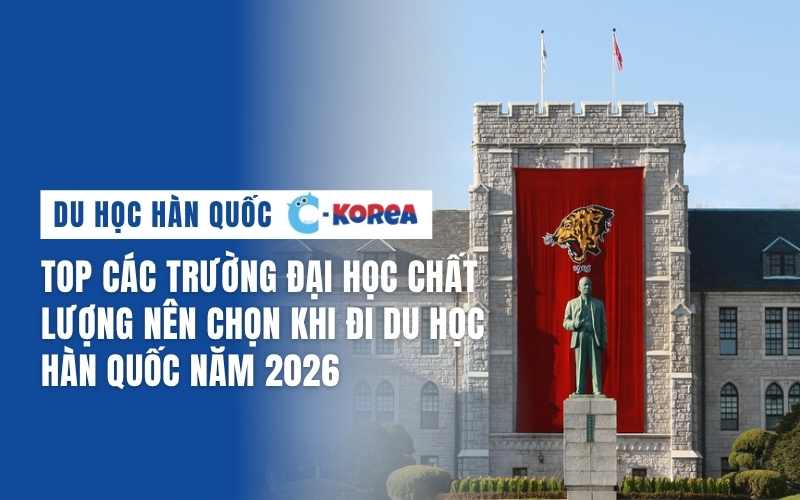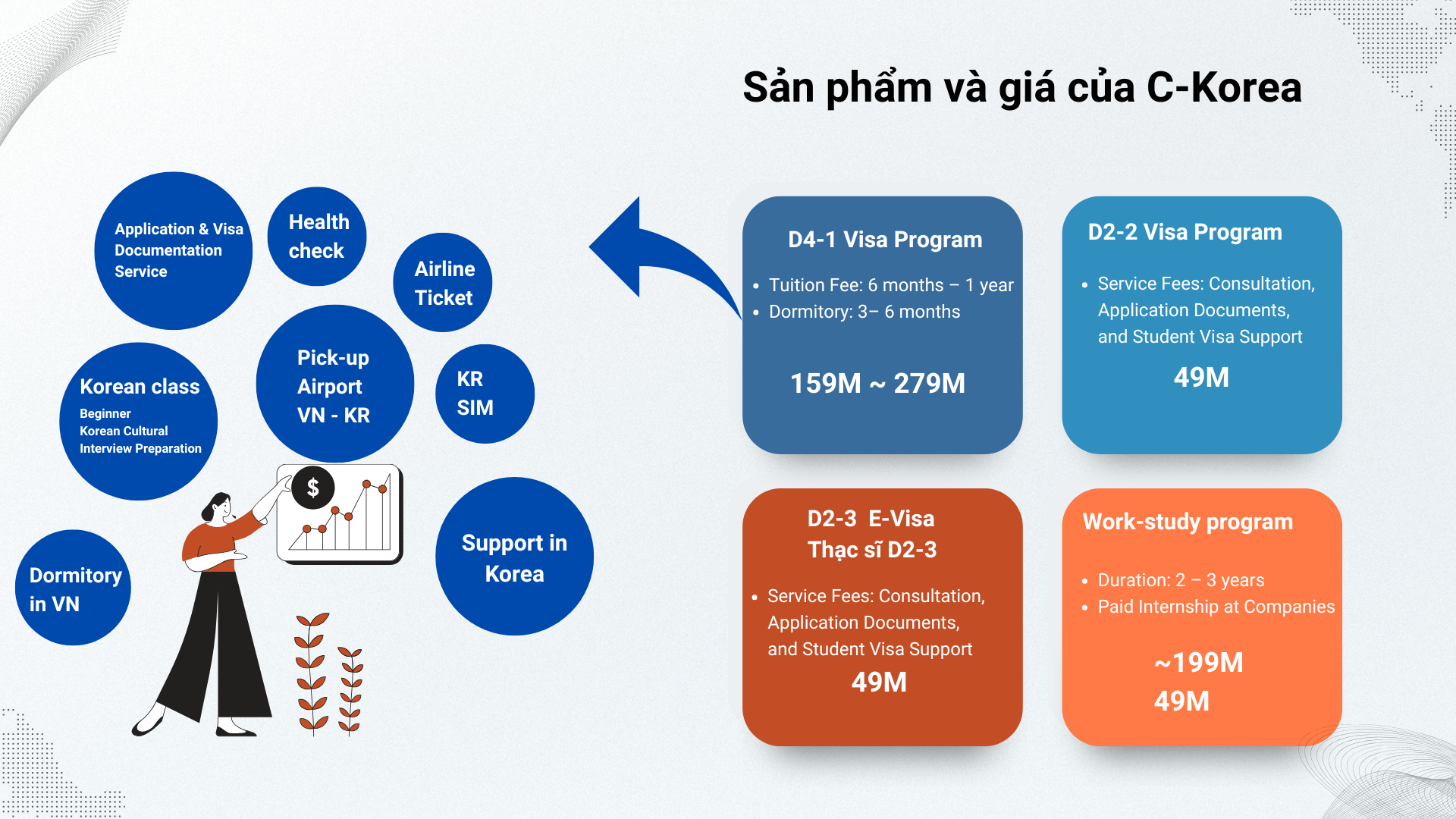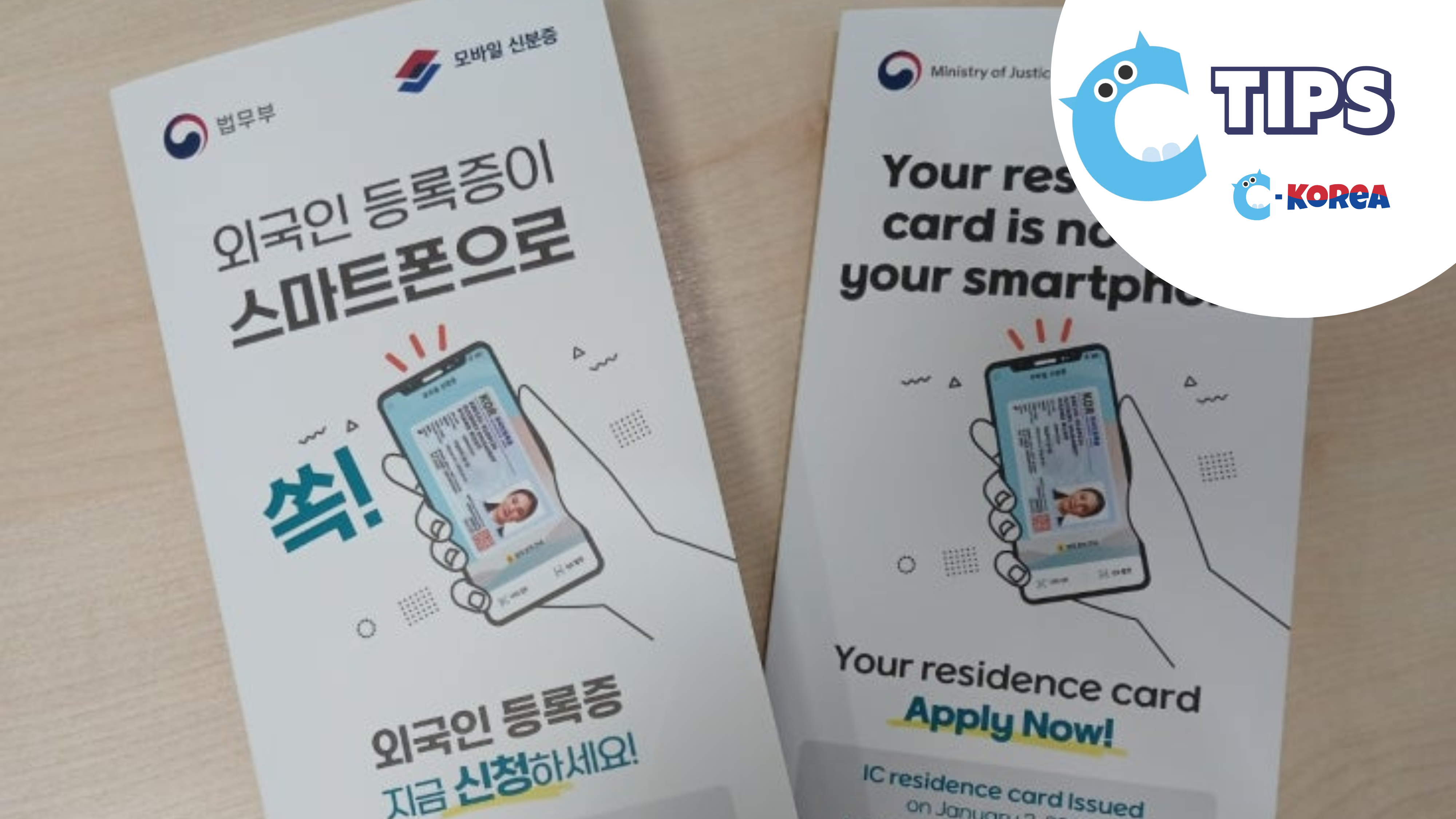Deciding when to enroll in Korean universities is an important factor in the 2K7 student’s academic journey. With multiple admission periods in Korea, such as March (Spring Semester) and September (Fall Semester), you need to carefully consider factors related to your personal goals, finances, and adaptability. Below is a detailed analysis to help you choose the most suitable admission time.
See more about Korean guide:
➤ Studying in Korea saves… cost 0 VND;
➤ How to study abroad in Korea with the cost of only 1 cup of milk tea a day;
➤ 10 easy tips to get a scholarship to study in Korea!.
1. Popular admission periods in Korea
Unlike Vietnam, the start of school months in Korea can vary depending on the school and major. Knowing information about the admission periods not only helps 2k7 students plan their studies properly but also affects the visa application process, scholarship hunting and study abroad application preparation.
– Most universities in Korea have two main admission periods:
- March Term: This is the first term of the year and also the main admission term of the school year.
- September Term: This is a supplementary term, suitable for students with a more flexible study schedule.
Some special schools also offer summer (June) or winter (December) terms, however these are additional, less common terms.
2. Benefits of March intake
Each admission period will have its own advantages and disadvantages, however, the March term is considered the ideal term to study in Korea. Studying in Korea in March is suitable for students who already have a relatively good foundation in Korean and want to study a major soon.
– March admission brings many advantages, especially for those who want to integrate into the traditional education system in Korea:
- Synchronized with local school calendar: The March term is the main school term in Korea, and it is also synchronized with the local student schedule. This gives you the opportunity to integrate better with your classmates.
- Full Orientation Activities: Schools typically hold student welcome programs, social events, and club activities at the beginning of the March term.
- Many majors open for enrollment: Most majors and training programs are open this semester, including major scholarship programs.

3. Benefits of September intake
September intake is the intake with the largest number of international students and is the most anticipated intake of the year for international students, especially those who have just graduated from high school.
– September intake is also a good option, especially if you need time to prepare:
- More preparation time: If you want to improve your Korean, complete your application, or take a certification exam (such as TOPIK, IELTS), the September intake will give you an additional 6 months to prepare.
- Less competition: The number of students entering in September is usually smaller, making it easier for you to access scholarship opportunities or your favorite major.
- Rest time: After the stressful high school exam, you can use this time to relax and prepare mentally.

4. Factors to consider when choosing an intake period
When planning to study abroad, one of the important factors to consider is the time of admission. Choosing the right time of admission also helps to make your study abroad process successful.
– Choosing the March or September intake depends on the following factors:
- Study Goals: If you want to graduate in the same year as your friends in Korea or start your studies early, the March intake is a good choice. On the other hand, if you need time to prepare, the September intake is more suitable.
- Korean Proficiency: To study in Korean-taught programs, you need to have a minimum TOPIK level of 3-4. If you do not meet this requirement, the September intake will give you more time to study the language.
- Financial Situation: Tuition fees, living expenses and financial requirements also need to be planned in advance. Waiting until September can help you save more or prepare better financially.

5. Advice for 2K7 students
Choosing the time to enter school not only affects your study plan but also your ability to adapt to the new environment, scholarship opportunities, visa schedule and many other factors. Therefore, understanding the advantages and disadvantages of each semester will help you make the right decision and have the best preparation for your journey to study in Korea.
– Choose March intake if:
- You are ready with your documents and finances.
- You want to start studying right away and don’t want to procrastinate.
- You want to quickly integrate into the Korean learning environment.
– Choose September intake if:
- You need more time to learn Korean or complete your study abroad application.
- You want a more comfortable start after the stressful high school exam.
- You want to find more scholarship opportunities or other incentives.
Conclude
Choosing the right admission period at Korean universities depends on each 2K7 student’s personal circumstances and goals. Whether you choose March or September, remember that thorough preparation in terms of language, finance, and spirit will be the key to your success on the path to studying abroad in Korea.
If you need more detailed information or support in planning your studies, please share with C-Korea for the best support! 😊
For more information about studying and working in Korea, please contact:
C-KOREA CULTURE AND STUDY ABROAD CONSULTING CO ., LTD.
- Address : 5th Floor , 94-96 Nguyen Van Thuong , Ward 25 , Binh Thanh District , Ho Chi Minh City
- Hotline: +84 28 7308 4247
- Facebook: https://www.facebook.com/duhochanquocckorea/
- Tiktok: https://www.tiktok.com/@duhoc_ckorea
- Youtube: https://www.youtube.com/@Duhoc_ckorea














